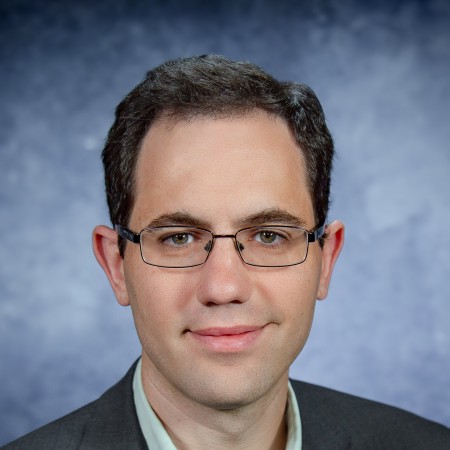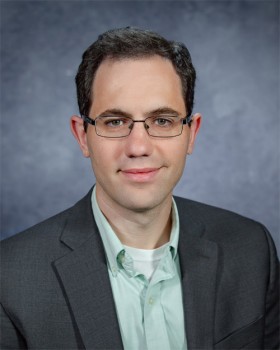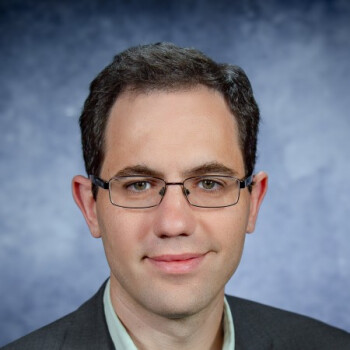Postdoc
University of California at Berkeley - 2017

Professional Preparation
Postdoc
Boston University - 2015
Boston University - 2015
PhD - Physics
Princeton University - 2012
Princeton University - 2012
BS - Physics
California Institute of Technology - 2007
California Institute of Technology - 2007
Research Areas
Non-equilibrium quantum systems
My group's interests involve many topics in non-equilibrium quantum physics. One major focus is periodically-driven (Floquet) systems, which use strong drive to engineer physics often inaccessible in equilibrium. Another is the impact of geometry on quantum dynamics. In these and other areas, I work in close proximity to a handful of experimental groups. An overarching goal of this work is to develop organizing principles for non-equilibrium quantum systems, with the hope of understanding non-equilibrium phases of matter in the same language as we do equilibrium.Publications
Ultrafast dynamics of a fermion chain in a terahertz field-driven optical cavity 2025 - Journal Article
Probing topological phases in a perturbed Kane-Mele model via RKKY interaction: Application to monolayer jacutingaite Pt2HgSe3 2025 - Journal Article
News Articles
Quantum Systems Researcher Earns NSF CAREER Award, Welch Grant
 A University of Texas at Dallas scientist whose research focuses on the invisible world of quantum physics has received two prestigious grants for his work on nonequilibrium quantum systems.
A University of Texas at Dallas scientist whose research focuses on the invisible world of quantum physics has received two prestigious grants for his work on nonequilibrium quantum systems.Dr. Michael Kolodrubetz, assistant professor of physics in the School of Natural Sciences and Mathematics (NSM), has received a five-year, $500,000 grant from the National Science Foundation (NSF) and a three-year, $240,000 grant from The Welch Foundation to investigate the fundamental physics of matter interacting with individual particles of light.
Quantum physics describes the physical properties and behavior of particles on the very smallest scale.
“Quantum mechanics is believed to give a correct description of the world, but we rarely see it in everyday life, because the millions of particles in our bodies interact in such complex ways,” Kolodrubetz said. “Think of this like a wave in a pool quickly fading as it interacts with all the other ripples on the surface.”
Dr. Kolodrubetz Receives CAREER Award from NSF
 The National Science Foundation awarded Dr. Michael Kolodrubetz, Assistant Professor of Physics, a CAREER award for his research on Floquet Route to Non-Equilibrium Phases of Matter in Cavity QED. The $500,633 project will focus on a class of systems known as many-body cavity quantum electrodynamics (QED), which gives access to quantum properties of light and insight into the interaction between light and matter. Dr. Kolodrubetz’s goal is to understand the quantum physics at its most fundamental level as a result of isolating electrons and atoms from this complex environment known as the second quantum revolution. The award will also fund an educational program built around designing a virtual reality (VR) module allowing users to interact with simple quantum mechanical systems such as the hydrogen atom.
The National Science Foundation awarded Dr. Michael Kolodrubetz, Assistant Professor of Physics, a CAREER award for his research on Floquet Route to Non-Equilibrium Phases of Matter in Cavity QED. The $500,633 project will focus on a class of systems known as many-body cavity quantum electrodynamics (QED), which gives access to quantum properties of light and insight into the interaction between light and matter. Dr. Kolodrubetz’s goal is to understand the quantum physics at its most fundamental level as a result of isolating electrons and atoms from this complex environment known as the second quantum revolution. The award will also fund an educational program built around designing a virtual reality (VR) module allowing users to interact with simple quantum mechanical systems such as the hydrogen atom.